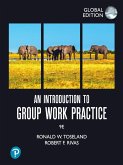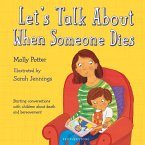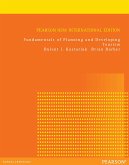Family Therapy helps students understand the process of shifting from an individual psychology paradigm to a cybernetic or systems paradigm. The text is divided into three sections: "The Systemic Framework," "The Practice of Family Therapy," and "The Systemic Practitioner," and it includes historical information, current developments, and ongoing debates.
Various family and developmental theories are examined. The family therapy models considered include psychodynamic, natural systems, experiential, structural, communications, strategic, behavioral/cognitive, and several post-modern approaches. Assessment, intervention, training and supervision, research, and epistemological challenges are discussed within the context of practice.
Learning Goals
Upon completing this book readers will be able to:
- Describe and compare various family therapy models
- Discuss practical applications for different family and developmental theories
- Review and assess unique family systems to determine the appropriate family therapy model
- Understand how concepts with the same name differ in meaning at different levels (i.e. 1st order versus 2nd order cybernetics)
Dieser Download kann aus rechtlichen Gründen nur mit Rechnungsadresse in A, B, BG, CY, CZ, D, DK, EW, E, FIN, F, GR, HR, H, IRL, I, LT, L, LR, M, NL, PL, P, R, S, SLO, SK ausgeliefert werden.









